The Street where I lived .....
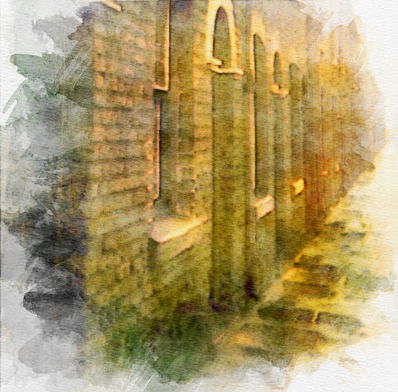
Memories of happy childhood.
I was born 8 days after V.E. Day the 16th May 1945. As I approach my 80th birthday and after a period ill health, which thank God is behind me, nevertheless as we get older we look back on our lives and memories flood back. In this article I look back to my childhood and indeed 8 days before I was born, my Mother, who along with great majority of children in Scholes I called Mam, and as a young child it would be Mammy, I think this came from the Irish influence the overwhelming members of St Patrick's Parish were part of the Irish diaspora many going back generations. My street, Mc Cormick Street was in itself was part of the Parish history named after the second Parish Priest Father Hugh McCormick.
I mention in the first paragraph about an incident before I was born, on V.E. day like the rest of the country people of Wigan were overjoyed with excitement after 6 long years of war with all its hardships. My Mam of course heavily pregnant with me didn't feel up to celebrating and against her better judgement was persuaded by her sisters to join then in The Shamrock Hotel, in Scholes to celebrate. After a short time she felt she wanted to go home as she stood her bump (Me) knocked the table over, Mam always joked that I caused trouble in a pub before I was born !
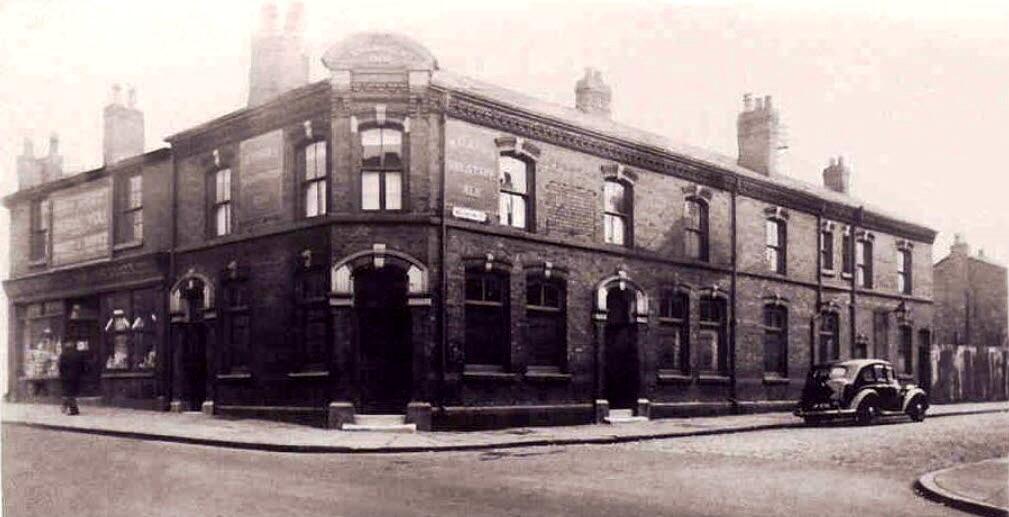
Shamrock Hotel
I also remember Mam saying on her way home the streets were alive with people celebrating, I remember in particular her saying a young lady, Evelyn Gregory, from the bottom of our street on Hardybutts itself, her Dad had taken the piano on to the pavement and she was playing all wartime favourites - We'll Meet Again, Run Rabbit, etc, everyone dancing in the street how magical it must have been.
Evelyn married Gerald Bennett, himself a talented pianist and they became host and hostess of the Foundry Inn known locally as 'The Smoothing Iron' because of the shape of the building, needless to say the entertainment was second to none, Gerry they said could make a piano talk and was blessed with a wonderful singing voice . They really were a great team, Mam used to say they were a match made in heaven.
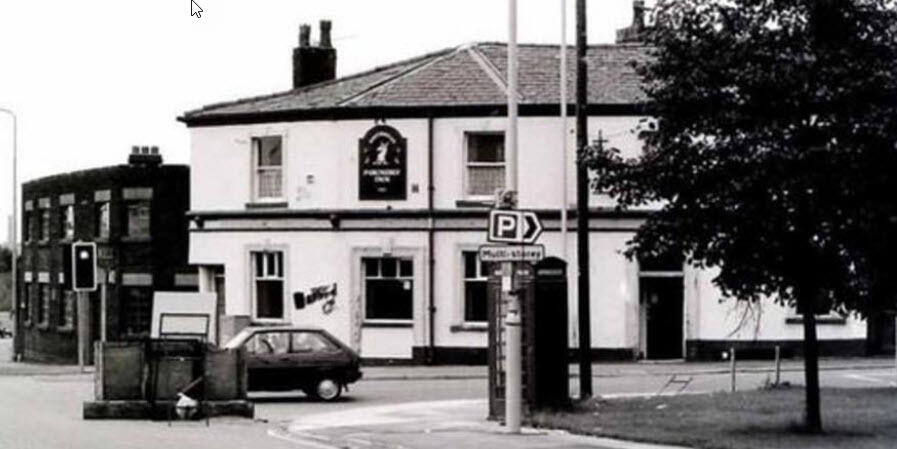
Foundry Inn
I'm getting away from my street, McCormick Street, No.48 to be precise. It wasn't a particularly unusual but it meant so much to me then and still does, I loved Scholes and wouldn't wish to born anywhere else. I knew every person from every house in the street it used to be like that in those days, you would never call adults by their first name it was Mr or Mrs of if it was a neighbour your Mam was very close to you might say Auntie, they were called Aunties of respect, no kin but someone close to you. It was very beneficial at Christmas or birthdays, a little present or a couple of coppers or if they had workers (teenage children in work) who would give their wage packets unopened to their Mam usually on Fridays you might get Half a Crown.
Next door were the first in the street to get a television, I was invited to watch Robin Hood I got rather giddy (imagining I was in a fight with The Sherif of Nottingham) and knocked over a jardiniere with aspidistra ensconced, fortunately if didn't break the Jardiniere, I don't really think I was totally responsible as it was perched on a rickety pedestal but it was enough to make sure I was a 'persona non grata' from that day forth. Anyway, Mam believed my version of events.
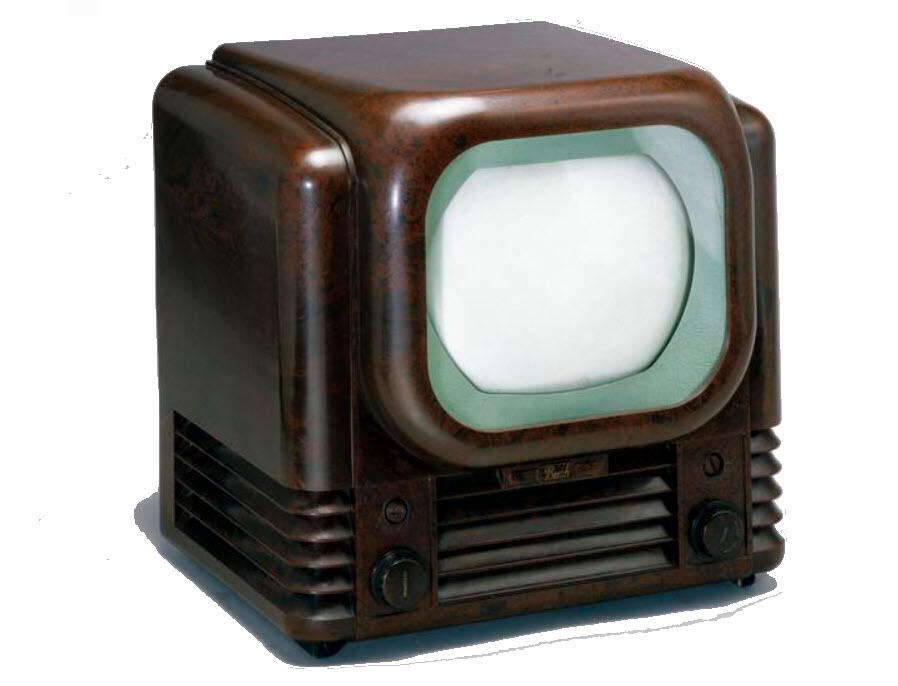
Early TV
Next door but one at number 44 lived Gerard Dobson R.I.P, a little bit older than me but we were good pals. In school holidays along with others in street we'd spend all daylight hours playing Skllly, Cops and Robbers, Throw out Can, Cowboys and Indians -no sitting in front of a television or computer screens in those days . The girls would play with a Skipping Rope, Top and Whip, Sea Shells and suchlike. Gerard became a local celebrity performing under the stage name Gerry Martin as a singer / comedian he could fill any club to gunnels . He was as nice a man you would ever wish to meet.
Just at the end of the street lived John Connolly R.I.P. again well-known singer and butcher. Everybody and I mean everybody loved John he would sing as he served in his shop on Scholes Precinct. He was kind to everyone and I know for a fact that he was goodness itself to people on a tight budget. I feel privileged indeed to be included in Gerard and John’s friends. People like them don't come along that often.
At number 34 lived Mrs. Kelly and her son Frank and he was in chronic ill health because of work in the mines, life hadn't been kind to Mrs. Kelly, her husband went America promising to send for her when he got accommodation she never heard from him again. Mrs. Kelly was left with 2 children, the eldest John was killed in WW1. In the front room there was something that looked like a big penny, one day I asked her about it she said that families of soldiers killed in the Great War were given one and it's was called 'The Dead Mans Penny', I remember saying in a childlike way "a penny's not a lot for a life ", I can recall her answer " Eh love it's not a lot, but it's worth it's weight in gold to me".
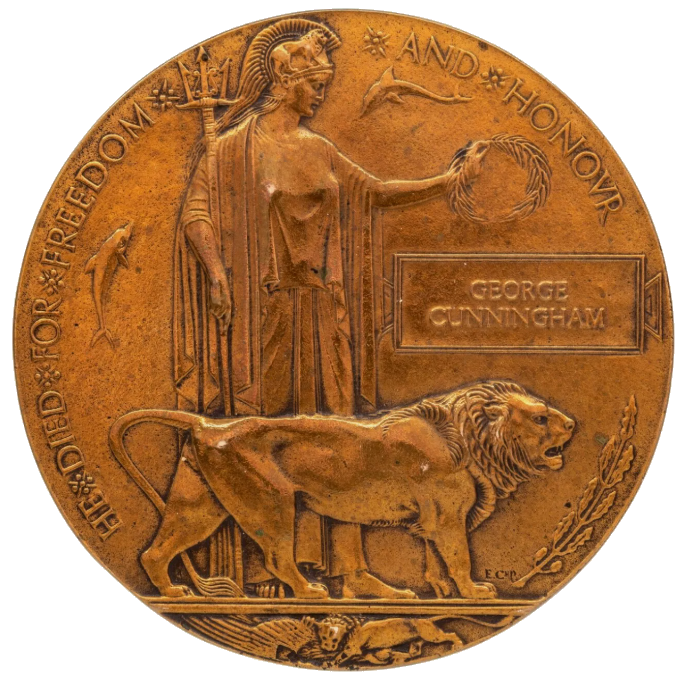
Dead Mans Penny
As we approached the 100th anniversary of WW1 I wrote a poem about John, I hope readers don't mind me sharing it with them.
John Kelly, who was he?, a man who gave his life for you and me, a man who left his home and friends to fight for freedom, to fight the foe.
A life snuffed out before its time in the carnage of that horrendous war. Did he think of his Mother on that fateful day?, did he ponder days of yore?
Did his life before him flash?, did he have time to make his peace with God?, Did he think of a sweetheart, as life blood ebbed away, of children now denied?
Did he wonder if his body would lie with the glorious dead in a fields wheat and corn, of poppies red and lilies white?, or was his shroud to be the earth and clay.
Did he shed a tear for times that might have been, of growing old with kith and kin? Could he have known in decades hence, a poet would ask 'John Kelly, who was he?'
I think the words in this poem highlight the suffering of the soldiers and sailors in that horrendous war not to mention the heartache of the mothers, fathers and sweethearts never to see their loved ones again. not even a grave to visit. Whilst it refers to WWI it could easily apply to any casualty in any war.
Many historians view WWI it as a catastrophic mistake, arguing that it led to immense suffering and destabilised the world order, ultimately paving the way for further conflict. Many take a different view on WW2 as a war that had to be fought against the evil of Nazism, however this view was not universal. Whatever conclusions of learned historians , it is true countless millions died. For what it's worth I subscribe to the theorem of the necessity to rid the world of Nazism, on the other hand, I didn't have to fight in that war or live through six years of privations, if I had I maybe I'd have a completely different viewpoint, circumstances alter cases!
All the houses in the street were 2 up and 2 down, no bathrooms although most had tin baths hung outside until used.
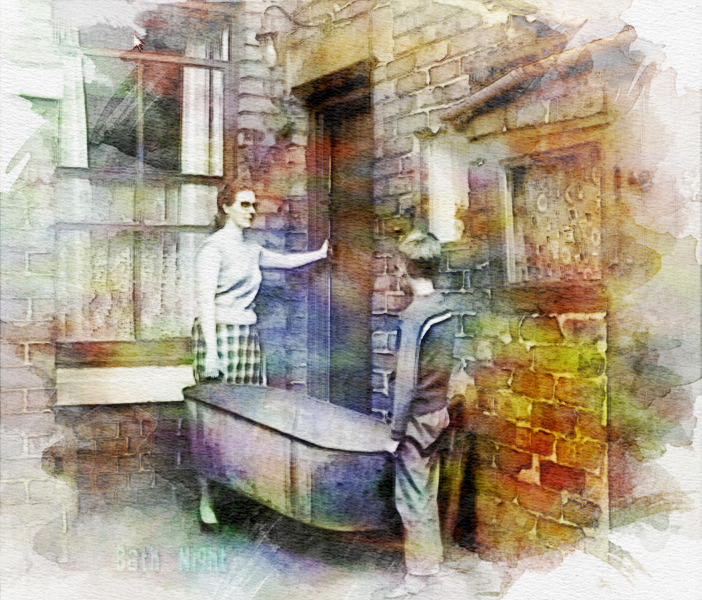
Tin Bath
As a young child I remember having electricity installed, it seemed like magic, it opened the world mainly through the wireless. The majority of the men were miners most enjoying a pint or three in the local pubs which adorned the locality, 5 were within 150 yards of our house; unbelievably at one time there were over 60 such establishments in the Scholes area.
Wigan Rugby League was often the main topic of conversation particularly on match days . It was all encompassing, an example of the eleven houses on our street there were 2 men who signed professionally, my Dad at number 48 and John Aspey at 32, apart from the professional game almost all lads would play at school level many going on play for St Patrick's Rugby Club. Going back further in 1926 St Patrick's schoolboys won the initial Daily Dispatch Shield remarkably in front a crowd over 16,000 at Central Park, St Pats took the honours in a hard won game beating St Bede's Widnes 3pts to nil.
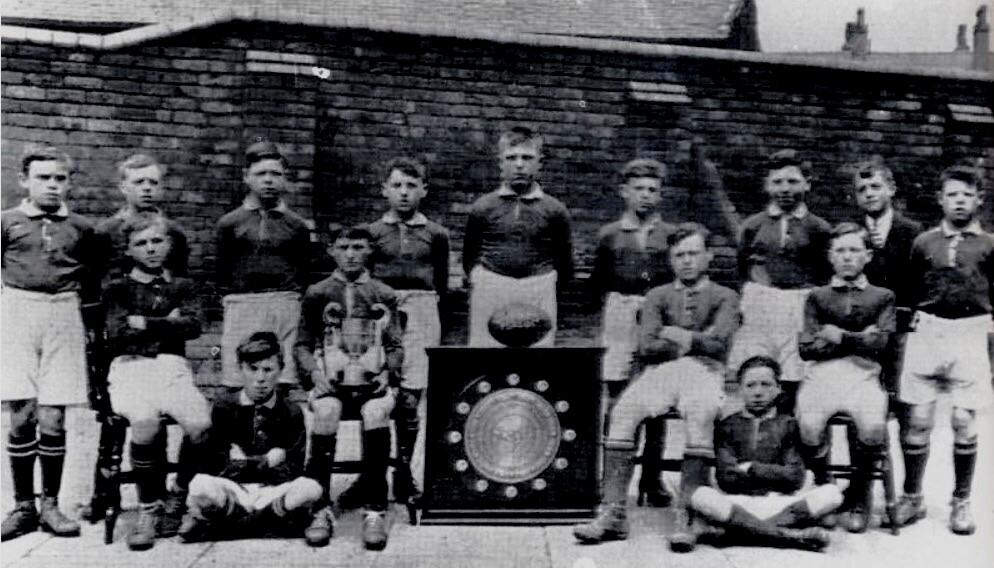
To give an example of how important St Patrick's Church was in my early years, when doing research on another article it came to light that in 1957 the much loved Parish Priest Fr. Lappin applied for planing permission for a new church to be built in Whelley, to be called St Bridget's, the reason given was St Patrick's was overcrowded on Sundays over the 4 Masses there was a congregation of between 2,700 and 2,800! As it turned out the plans came to nought.
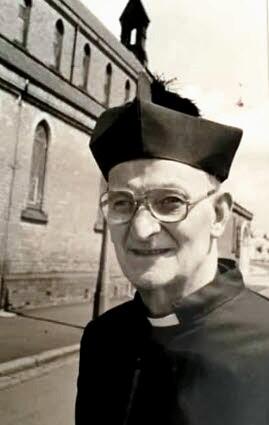
Fr. Lappin
I am fully aware that today, times are so much better for working people, that's undeniable. Lives have improved immeasurably. Our grandparents wouldn't be able believe how people's lot in life has improved. Nobody would want to turn the clock back. However, a little bit of me thinks we lost something along the way, neighbourliness, time to have conversations, care for others, alas it is the penalty we pay for progress. Some might say I wear rose coloured glasses and there's probably a grain of truth in that, but they are my glasses and that's how I remember my street!
Tom Walsh